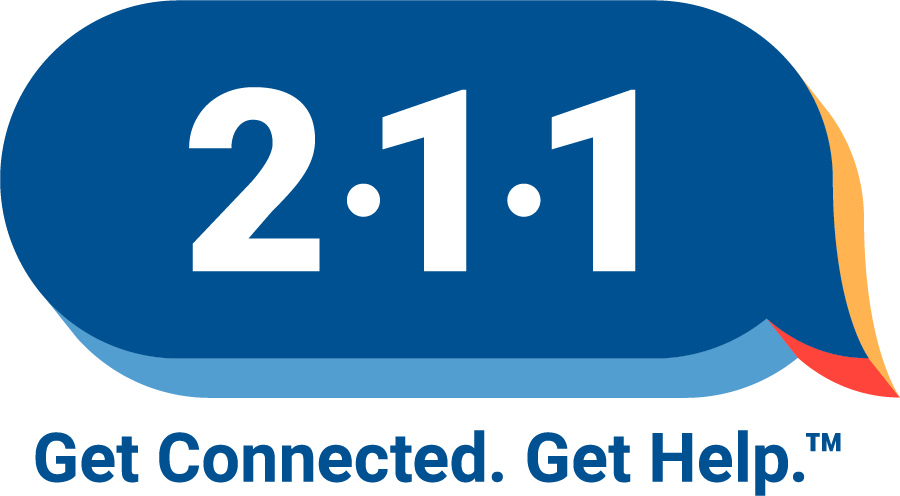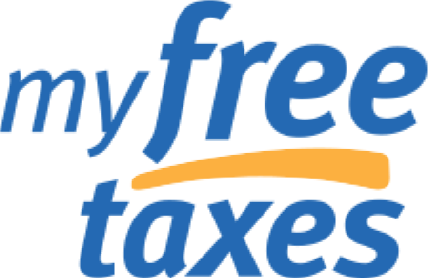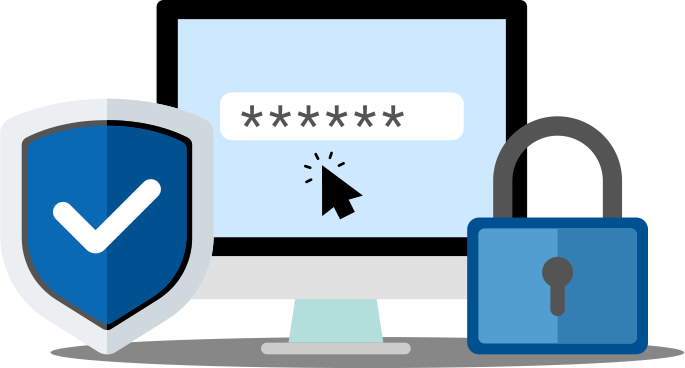Reflecting on Inequities While Honoring Black History Month

Updated Feb. 3, 2025: This blog was originally published February 2024; its content continues to be relevant today. For 2025, we’ve updated links to share the latest Black History Month Resource Guide. We also encourage you to check out our latest Black History Month content, “What Black History Month Means to Us: California United Way Voices.“
Read time: 4 minutes
“No man can know where he is going unless he knows exactly where he has been and exactly how he arrived at his present place.” – Maya Angelou
At United Ways of California, we honor and celebrate heritage months to promote a sense of belonging among our staff, to recognize and honor the significant contributions of historically marginalized or underrepresented voices that have often been silenced or overlooked, and to educate ourselves about the history of injustice and systemic racism in our country.
Black History Month is just one of the occasions where we can bring awareness and highlight the contributions of people within the Black community. As a part of our commitment to equity, United Ways of California is gathering and sharing resources that might be helpful to our staff, network, and partners.
Our internal staff is currently participating in a Black History Month challenge that consists of learning more about Black history and exploring Black culture through experiences such as supporting Black businesses and media, trying new cultural cuisine, and celebrating Black joy through poetry, song, and other art forms.
If you are searching for materials to support your learning and celebration of Black History Month, either individually or with your organization, we have put together a resource you can start with. This Black History Month Resource Guide includes historical facts, interactive activities, and multimedia resources that are designed to engage, enlighten, and help you embark on a journey of discovery and celebration.
We also understand that the journey towards inclusivity and equity starts from within, by first acknowledging the unconscious biases we hold and the privileges we have due to the perseverance and resilience of Black, Indigenous, and People of Color (BIPOC).
Critical to our work is the advancement of racial and social justice and equity. We are committed to ensuring opportunity for every person in every community, which will require dismantling systemic, institutional, and historical barriers as well as doing the “heart work” to become an antiracist and fully inclusive organization.
United Way is dedicated to equity and acknowledges that structural racism and other forms of oppression have led to persistent disparities that we aim to eliminate. In America, discriminatory systems and policies like redlining, voter restrictions, excluding Black veterans from G.I. Bill benefits (which helped expand the middle class), and more have had long-lasting adverse effects on Black families.
Examples of inequities caused by these lingering effects include:
- 45% of Black households are unable to afford basic necessities, like housing and health care, compared to 34% for all races and ethnicities
- Black families’ wealth is only about 24% of that of white families, according to the Federal Reserve Bank of St. Louis, with much of this gap existing because of historical discrimination and lack of access to homeownership
- Many eligible Black Americans are not receiving valuable tax credits; according to California Policy Lab, about half of Black adults who were eligible for the California Earned Income Tax Credit (CalEITC) did not claim the credit, which puts money directly back into people’s pockets
- 17% of Black Americans do not have high speed internet at home – a critical tool in accessing many services like healthcare, economic services, and education – according to the Public Policy Institute of California
At United Ways of California, we commit to continuing to leverage all of our assets (convening, strategic investments, awareness building, advocacy) to create more equitable communities in which all Califorians can thrive.
In order to address inequities as a whole across the state, we need to better understand and create transparency around how these issues still show up in our communities, workplaces, and day-to-day lives. Our Real Cost Measure study has helped our staff, our network, and communities across the state deepen our understanding of key disparities showing up for Californians today, as well as how to address them.
Just a few other ways United Ways of California and our United Way network are working to address inequities identified within our communities – including inequities disproportionately affecting Black Californians – include free tax prep, tax education and outreach, access to high-speed internet, connection to supportive tools and resources, and advocating for programs and policies that reduce disparities affecting Californians.
United Ways of California promotes diversity, equity, and inclusion in our everyday work culture to foster a sense of belonging, increase job satisfaction, and prioritize overall well-being. At our core, we are dedicated to promoting accessibility and inclusivity, fostering strong partnerships with our network members, and empowering local communities through meaningful engagement.
We hope you’ll join us in honoring Black History Month in February and continuing to learn and effect change all year-round.
“History is not the past, it is the present. We carry our history with us. We are our history.” – James Baldwin



